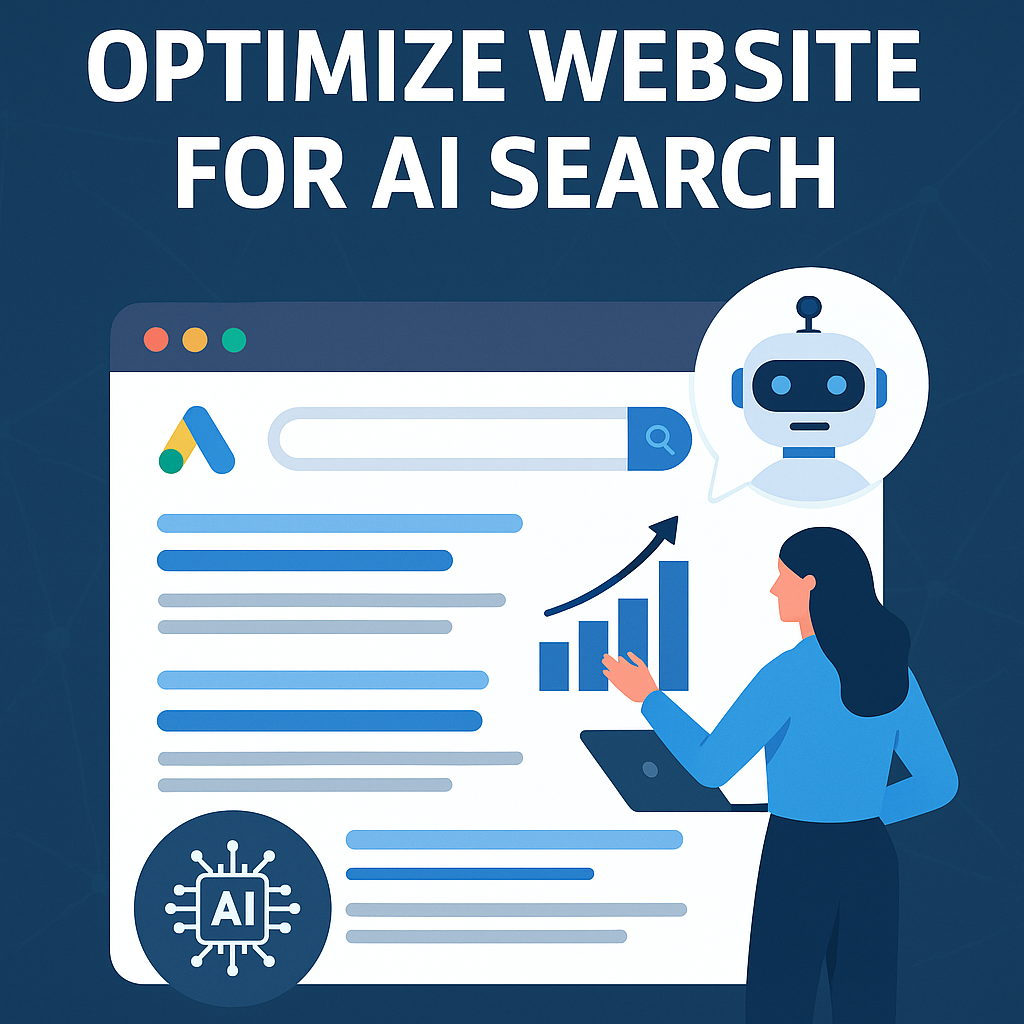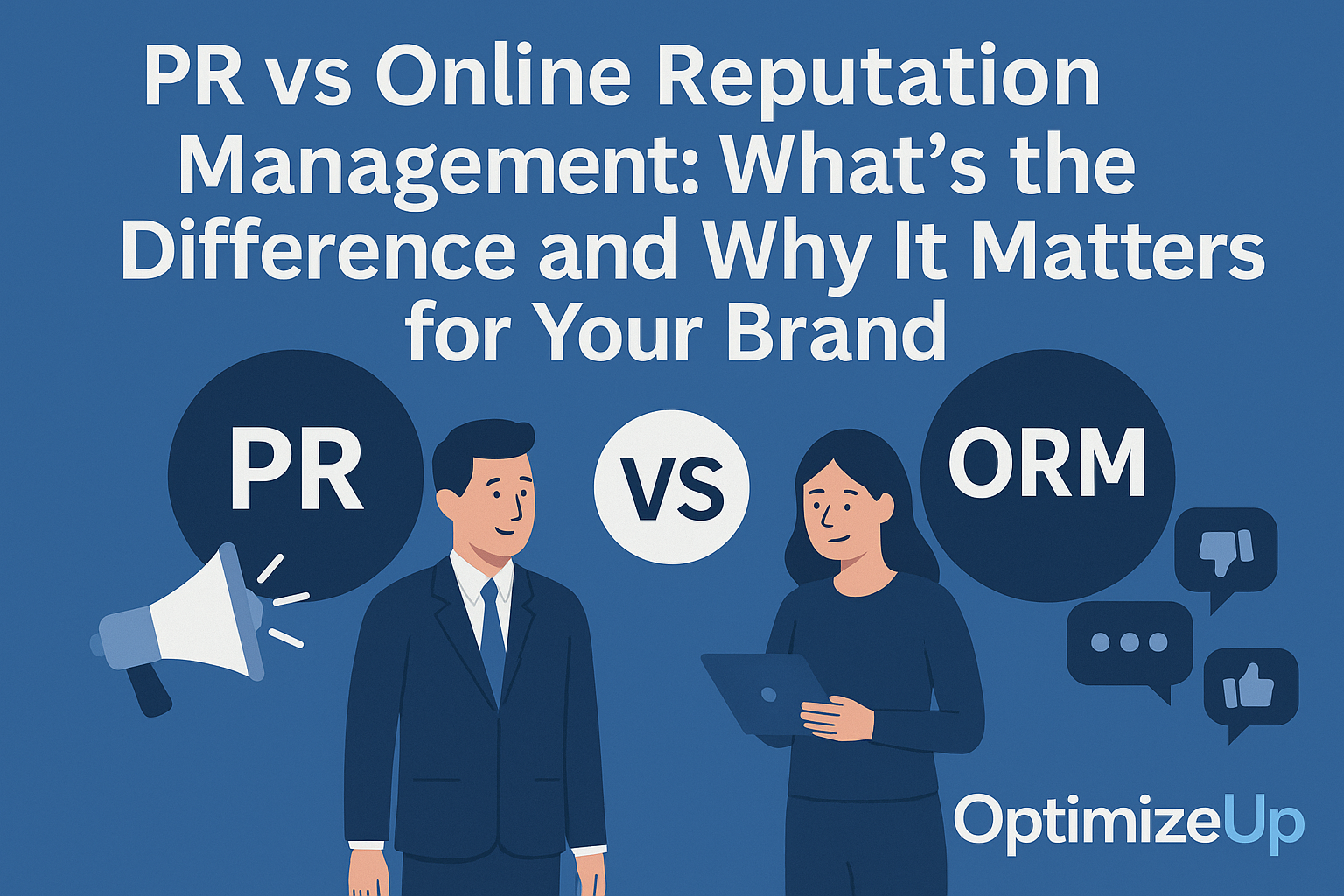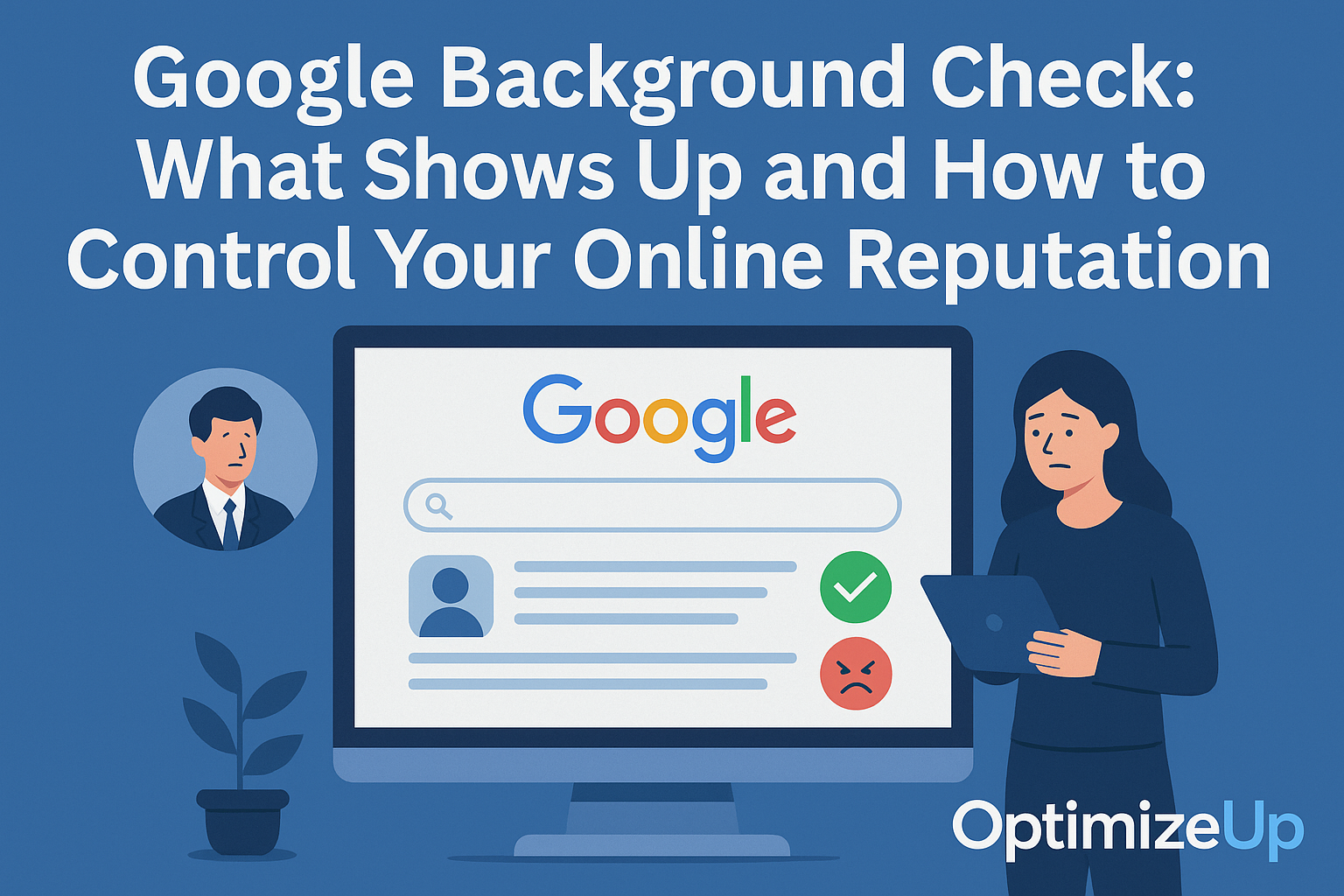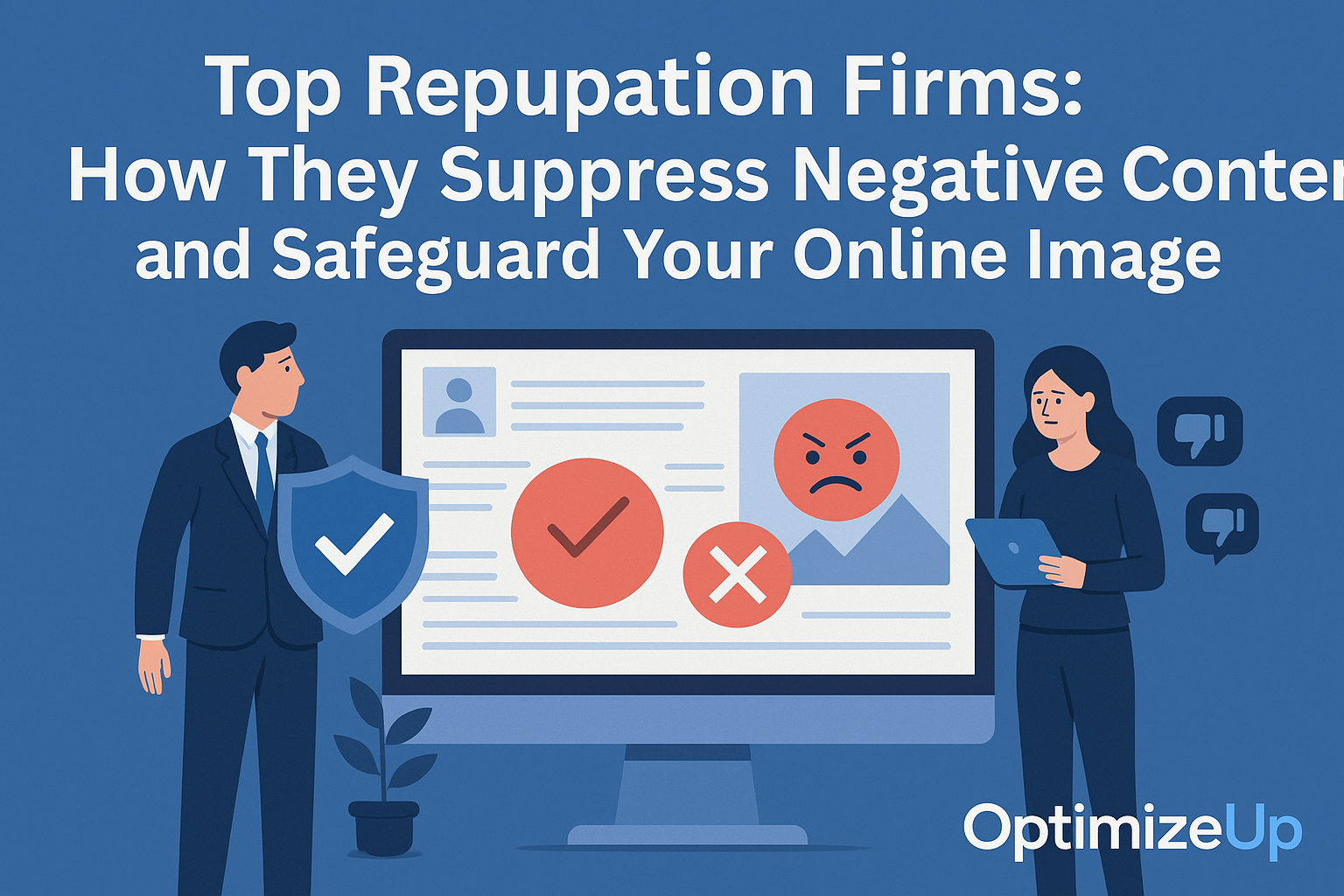Why Optimizing for AI Search Engines Is Now Critical
AI is reshaping how search engines understand and deliver results. From Google’s Search Generative Experience (SGE) to Bing AI and Perplexity, algorithms now prioritize relevance, context, and intent over keyword matching.
Optimizing your website for AI search helps you:
- Appear in AI-generated answer boxes
- Improve your visibility in semantic and conversational queries
- Strengthen authority, trust, and entity recognition
- Future-proof your SEO strategy
AI search is not just a trend—it’s the foundation of how information will be discovered and delivered moving forward. Traditional keyword-centric SEO is being replaced by contextual, relationship-driven content frameworks that AI can process and trust.
Core Principles of AI Search Optimization
Focus on Entities Over Keywords
AI systems organize knowledge around entities — specific people, places, products, and organizations — not just strings of keywords. This is part of the shift toward semantic search.
Action steps:
- Use Google’s Knowledge Graph API to identify relevant entities.
- Build out entity-rich content (e.g., product specs, founder bios, brand details).
- Include internal links to contextual content that reinforces entity relationships.
- Update internal linking to highlight key relationships (e.g., linking CEO bio pages with product strategy pages).
Bonus Tip: Use Wikipedia, Wikidata, and Freebase entries to define your brand entities and claim your profiles where possible.
Embrace EEAT (Experience, Expertise, Authoritativeness, Trust)
EEAT is critical for ranking in AI-generated answers. Google uses it to determine:
- Who authored your content
- What credentials or experience they hold
- Whether the site has a trustworthy reputation
EEAT tactics:
- Add author bylines with bios and LinkedIn links
- Cite credible sources with outbound links
- Use testimonials, case studies, and reviews
- Incorporate trust-building design (e.g., https, privacy policy, contact info)
- Encourage authorship mentions and contributor pages on third-party sites
Google and other LLM-powered search tools prefer credible, verifiable, consistent sources over unverified or anonymous content.
Optimize for Natural Language Queries
People increasingly ask full questions, not fragmented phrases. AI interprets query intent and expects answer-style content.
How to optimize:
- Use conversational headers (e.g., “How can small businesses appear in AI search?”).
- Include FAQs with long-tail variations.
- Use second-person voice (“you”) to connect with the reader.
- Answer questions directly in the first few sentences.
- Support answers with bullet points, data, and context.
Voice Search Optimization: Structure content for spoken queries. Use contractions, natural phrasing, and mobile-accessible formatting.
Structured Data: The Backbone of AI Visibility
Structured data helps AI understand your content’s purpose, classify your information, and generate snippets.
Use Schema Markup Across Key Page Types
Examples:
- Article
- Product
- LocalBusiness
- Person
- Organization
- FAQ
- Review
Use Schema.org and test with Google’s Rich Results Test.
Code example:
{
"@context": "https://schema.org",
"@type": "Organization",
"name": "Optimize Up",
"url": "https://optimizeup.com",
"sameAs": [
"https://www.linkedin.com/company/optimizeup",
"https://twitter.com/optimizeup"
]
}Implement Breadcrumb and WebPage Schema
Breadcrumbs help AI understand site hierarchy and user flow. WebPage schema reinforces topical alignment.
Additional Tip: Use speakable schema for content likely to be read aloud by smart assistants.
Optimize Website Content for AI Interpretation
Use Semantic HTML
Use proper tags like <article>, <section>, <header>, and <aside> to give structure to your content. Avoid overusing <div> tags where more specific tags provide clarity.
Accessibility Bonus: Incorporate ARIA labels and roles to enhance machine comprehension of layout and user intent.
Write Content in Semantic Clusters
Instead of isolated blog posts, group content by intent and relevance. Use topic clusters:
Structure example:
- Main page: “AI Search Optimization Guide”
- Cluster topics:
- “How to Write Entity-Rich Content”
- “Schema Markup for AI SEO”
- “Conversational Search Trends”
- “AI Search vs. Traditional Search”
Link between cluster pages and the main page to create topic authority and semantic depth.
Include Contextual FAQs
Create dynamic FAQ sections with clear, concise answers using structured data:
{
"@type": "FAQPage",
"mainEntity": [{
"@type": "Question",
"name": "How does AI search differ from traditional search?",
"acceptedAnswer": {
"@type": "Answer",
"text": "AI search interprets context, intent, and relationships between concepts instead of matching exact keywords."
}
}]
}Pro Tip: Include a running FAQ section on product and service pages to target featured snippets.
Page Experience and Performance Still Matter
AI search still incorporates core ranking factors:
- Core Web Vitals (LCP, CLS, FID)
- Mobile-first design
- HTTPS security
- UX and navigability
Improvement Tactics:
- Use lazy loading for media
- Remove render-blocking scripts
- Enable server-side caching and CDNs
- Eliminate intrusive interstitials
Use PageSpeed Insights, Lighthouse, and GTmetrix to optimize speed and structure.
AI Perspective: Faster, cleaner websites are more indexable, easier to analyze, and more likely to be surfaced in contextual answers.
Tools and Technologies for AI Search SEO
Use NLP Tools to Align With AI Context Understanding
- Frase.io for content briefs and outline matching
- MarketMuse for topical authority mapping
- Surfer SEO for TF-IDF scoring
- Clearscope for semantic keyword analysis
Pro Strategy: Combine 2–3 tools to cross-reference topic gaps and uncover AI-friendly phrasing.
Monitor with AI-Specific Search Engines
AI search platforms use different ranking signals. Test your content in:
- Google SGE
- Bing AI
- Perplexity AI
- You.com
- NeevaAI (archived, formerly popular)
Monitor Questions: Is your brand appearing in generated summaries? Are citations accurate?
Integrate AI APIs for Enhanced On-Site Functionality
Add:
- AI-powered chat support (OpenAI, Cohere)
- Product recommendation engines (Bloomreach, Algolia)
- AI-generated FAQ bots (custom GPT deployments)
Bonus: These tools enhance UX and signal innovation and authority.
Off-Page Strategies to Support AI Search Rankings
Build Author Profiles With Strong Backlink Signals
Use platforms like:
- Medium
- Substack
- LinkedIn Articles
Interlink bios, author pages, and branded content to reinforce entity recognition across search engines.
Get Cited on Authoritative Sites
Use HARO, SourceBottle, or Qwoted to build mentions from journalists. Request brand mentions be linked back to your site.
Focus on Branded Search Queries
Branded search creates AI trust. Encourage search behavior like:
- “Optimize Up case studies”
- “Who owns Optimize Up?”
- “Optimize Up SEO services”
This improves click-through, citation likelihood, and overall visibility.
How Optimize Up Helps You Prepare for the AI SEO Era
Our team of strategists, developers, and content specialists work together to help:
- Structure your site and content for AI understanding
- Implement entity optimization and schema markup
- Improve EEAT signals and on-site UX
- Track your presence in AI-powered search engines
With deep experience in AI optimization, we bridge the gap between future-focused strategy and tangible performance gains.
Schedule a free AI SEO audit and learn how to stay ahead of the search curve.
FAQ: Optimizing Website for AI Search
AI search uses machine learning and LLMs to understand intent, conversation context, and entities instead of just matching keywords.
Yes. Authoritative backlinks help AI systems validate your expertise and relevance across topics.
Schema gives AI bots structured data that clarifies your site’s meaning, purpose, and authority.
Yes. Focus on topic depth, related concepts, and clear answers that support conversational AI engines.
Not exactly. Each uses slightly different models, but all prioritize structured, semantically rich, trustworthy content.
MLA Citations:
Google. “Search Generative Experience.” Google Search Labs, https://searchgenerativeexperience.google/
Schema.org. “Schema Markup Vocabulary.” Schema.org, https://schema.org/
Frase.io. “AI-Powered SEO Content.” Frase.io, https://www.frase.io/
OpenAI. “GPT Models for Developers.” OpenAI API, https://platform.openai.com/docs/models/gpt-4
Clearscope. “Optimize Content for Semantic Search.” Clearscope, https://www.clearscope.io/
W3C. “Web Content Accessibility Guidelines.” W3C, https://www.w3.org/WAI/standards-guidelines/wcag/





